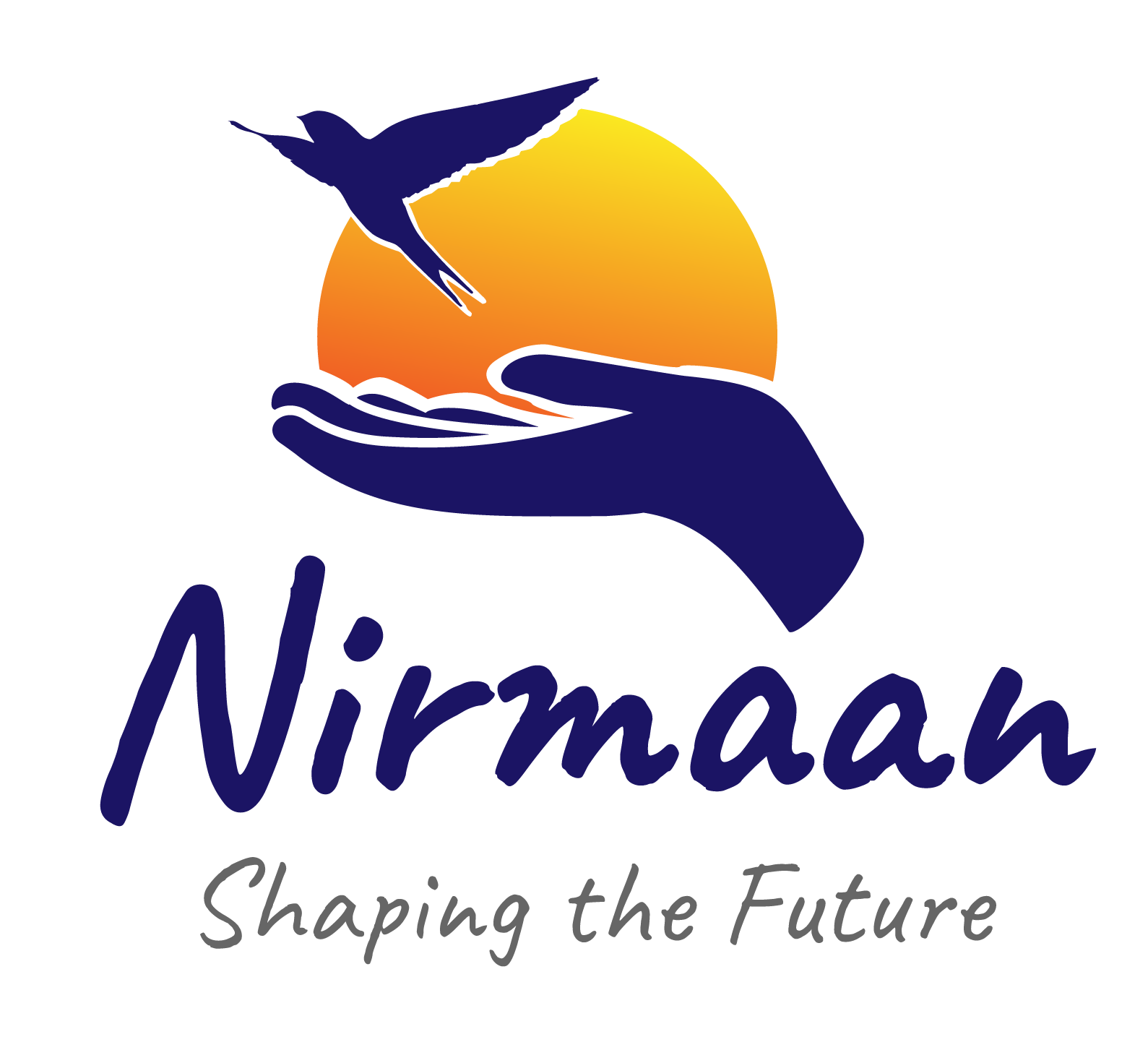The Importance of Adaptive Learning Technologies
In today's fast-paced digital landscape, the educational sector is undergoing a transformative shift towards personalized learning experiences. Adaptive learning technologies are at the forefront of this evolution, offering tailored educational pathways that cater to the unique needs and skills of each learner. This blog explores how these technologies are shaping career readiness and employability for students in 2025 and beyond.
Understanding Adaptive Learning Technologies
Adaptive learning refers to educational methods and technologies that adjust the content and pace of learning based on individual performance and preferences. By utilizing algorithms and data analytics, these technologies create a customized learning environment that addresses the strengths and weaknesses of each student. This personalized approach not only enhances engagement but also improves retention and comprehension, making education more effective.
The Impact on Career Readiness
As the job market continues to evolve with advancements in technology, the importance of career readiness has never been greater. Adaptive learning technologies equip students with the skills and knowledge necessary to thrive in their chosen fields. Here are some ways these technologies contribute to career readiness:
- Skill Development: Adaptive learning platforms identify gaps in knowledge and facilitate targeted skill development, ensuring that students are well-prepared for the demands of the workforce.
- Real-Time Feedback: Immediate feedback allows learners to understand their progress and make necessary adjustments, fostering a growth mindset critical for career success.
- Collaboration Opportunities: Many adaptive learning systems incorporate collaborative tools that prepare students for teamwork and communication in professional settings.
Enhancing Employability in the Digital Age
Employers today seek candidates who can adapt to changing environments and demonstrate a commitment to continuous learning. Adaptive learning technologies not only prepare students academically but also instill essential soft skills. Here’s how they enhance employability:
- Personalized Learning Paths: Tailored educational experiences help students discover their interests and strengths, guiding them towards career paths that align with their skills.
- Engagement with Emerging Technologies: Exposure to adaptive learning tools familiarizes students with the latest technologies, making them more attractive to potential employers.
- Data-Driven Insights: Adaptive learning platforms often provide insights into a student's learning journey, enabling them to showcase their achievements and competencies to future employers.
Conclusion
As we move further into the digital age, the role of adaptive learning technologies in shaping personalized education cannot be overstated. By focusing on individual learning needs, these technologies not only enhance career readiness but also significantly improve employability. Educational institutions, educators, and students must embrace adaptive learning as a strategic approach to prepare for the future workforce effectively. In 2025 and beyond, the integration of these technologies will be essential in bridging the gap between education and employment, ensuring that learners are equipped with the necessary tools to succeed in their careers.




Leave a Comment
To post comment, please